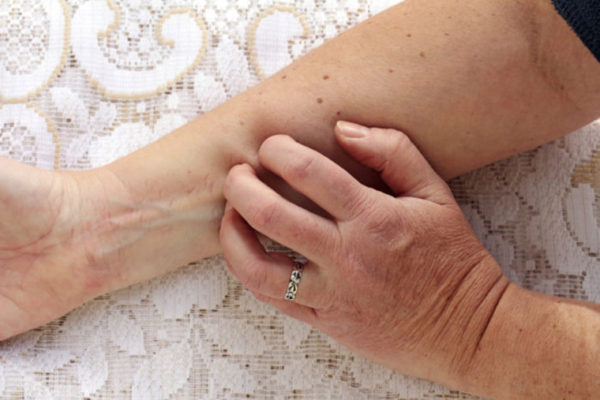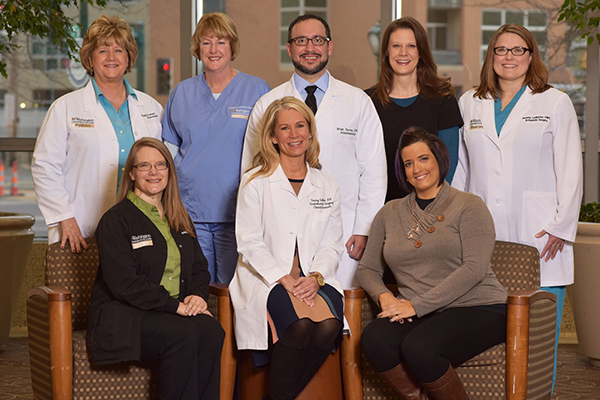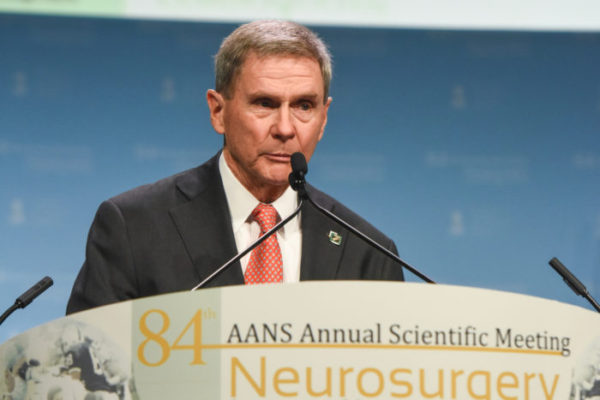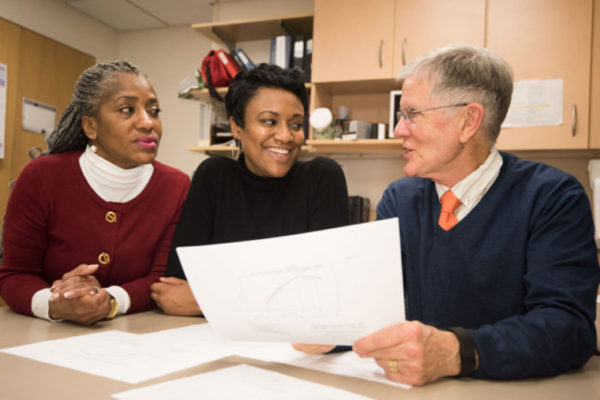Sandell honored by Osteoarthritis Research Society
Linda J. Sandell, the Mildred B. Simon Professor or Orthopaedic Surgery at Washington University School of Medicine in St. Louis, has received the Lifetime Achievement Award from the Osteoarthritis Research Society International.
Development of gut microbes and gut immunity linked
Studying twins from birth through age 2, scientists at Washington University School of Medicine in St. Louis have shown that the gut’s immune system develops in sync with the gut’s tens of trillions of microbes. The findings have implications for understanding healthy growth and, potentially, the origins of various immune disorders.
Obituary: Morvarid Karimi, assistant professor of neurology, 44
Morvarid Karimi, MD, a tenacious researcher, committed teacher and compassionate clinician in the Department of Neurology at Washington University School of Medicine in St. Louis, died May 21, 2016, of a brain hemorrhage. She was 44.
Itching for no reason? Immune system may be at fault
People who suffer itching with no clear cause may have previously unrecognized immune system defects. In a small study of such patients, researchers from the Center for the Study of Itch at Washington University School of Medicine in St. Louis identified immune system irregularities that may prompt the urge to scratch.
As more states legalize marijuana, adolescents’ problems with pot decline
A survey of more than 216,000 adolescents from all 50 states indicates the number of teens with marijuana-related problems is declining. Similarly, the rates of marijuana use by young people are falling despite the fact more U.S. states are legalizing or decriminalizing marijuana use and the number of adults using the drug has increased. Researchers at the School of Medicine examine the data.
How did cardinals get those bright red feathers?
Researchers at Washington University School of Medicine in St. Louis and colleagues have discovered the gene that produces the brilliant red color in male birds that is so attractive to females. The study is published online May 19 in Current Biology.
School of Medicine nurses honored
Two School of Medicine nurses have received the 2016 Excellence in Nursing Award from St. Louis Magazine, while six others were finalists. The annual awards, announced in April, honor local nurses who have made a difference in the lives of their patients and colleagues.
Barch, Ley, Boime to be honored
Deanna Barch, a leading researcher on the role of cognition, emotion and brain function in illnesses such as schizophrenia and depression; Irving Boime, a developmental biologist; and Timothy Ley, MD, an expert in cancer genomics and leukemia, will be honored by Washington University in St. Louis, Chancellor Mark S. Wrighton has announced.
Dacey receives Cushing Medal from neurosurgery society
Ralph G. Dacey Jr., MD, the Henry G. and Edith R. Schwartz Professor and head of the Department of Neurosurgery, has been awarded the Harvey Cushing Medal by the American Association of Neurological Surgeons. He was honored with the medal, the association’s most prestigious award, for his many years of outstanding leadership, dedication and contributions to the field of neurosurgery.
Persistent childhood asthma sets stage for COPD
Children with mild to moderate persistent asthma are at greater risk of developing chronic lung disease as young adults and, therefore, may require lifelong treatment even if their asthma symptoms subside for extended periods, according to a major national study co-led by researchers at the School of Medicine.
View More Stories








